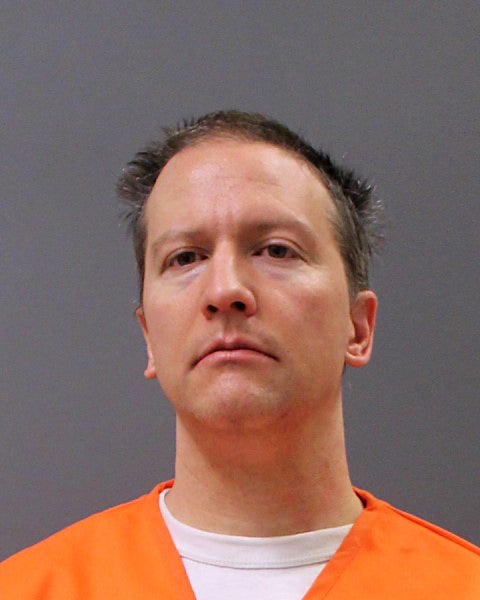
The judge overseeing the federal civil rights cases of four former Minneapolis police officers in the killing of George Floyd said Wednesday that he has accepted the terms of Derek Chauvin’s plea agreement and will sentence him to 20 to 25 years in prison, according to CNN.
Floyd’s death on May 25, 2020, sparked protests internationally against police brutality and racial injustice.
Chauvin pleaded guilty December 15 to violating Floyd’s civil rights, admitting for the first time that he kept his knee on Floyd’s neck.
Under the plea agreement, which Chauvin signed, both sides agreed Chauvin should face a sentence ranging from 20 to 25 years, with prosecutors saying they would seek 25. He could have faced life in prison on the federal count. With credit for good time in the federal system, he would serve from 17 years to 21 years and three months behind bars.
U.S. District Judge Paul Magnuson deferred accepting the agreement pending the completion of a presentence investigation. On Wednesday, the judge said it was now appropriate to accept the deal said in a one-page order.
He has not set a sentencing date for Chauvin.
Chauvin is already serving a 22 1/2 year sentence for his murder conviction in state court last year, though he is appealing that conviction. He would serve the federal sentence concurrently with the state sentence.
The federal plea deal means Chauvin will likely spend more time in prison than he faced under his state sentence. State prisoners in Minnesota typically serve one-third of their sentence on parole, which for him would mean 15 years in prison.
Chauvin waived his right to contest his federal conviction if Magnuson accepted the plea agreement.
Magnuson has not set sentencing dates for three other ex-officers who were convicted of related federal civil rights charges in February. The presentence investigations for Tou Thao, Thomas Lane and J. Alexander Kueng are ongoing. The three are scheduled to go on trial in June in state court on charges of aiding and abetting Chauvin in Floyd’s murder.







Last month, it was revealed by prosecutors at a pretrial that the three had rejected plea agreements on the state charges. The terms of the agreement were not disclosed. Lane’s attorney, Earl Gray, said it was hard for the defense to negotiate when the three still didn’t know what their federal sentences would be.
At the end of April, Chauvin has asked the Minnesota Court of Appeals to overturn his conviction.






